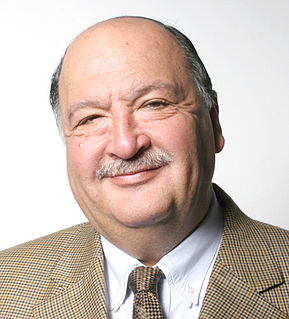A Quote by Mark Fisher
In 'A Scanner Darkly,' as in 'The Spy Who Came in from the Cold,' all intersubjective relations devolve into webs of suspicion and betrayal.
Related Quotes
Of John Le Carre's books, I've only read 'The Spy Who Came In From The Cold,' and I haven't read anything by Graham Greene, but I've heard a great deal about how 'Your Republic Is Calling You' reminded English readers of those two writers. I don't really have any particular interest in Cold War spy novels.

































